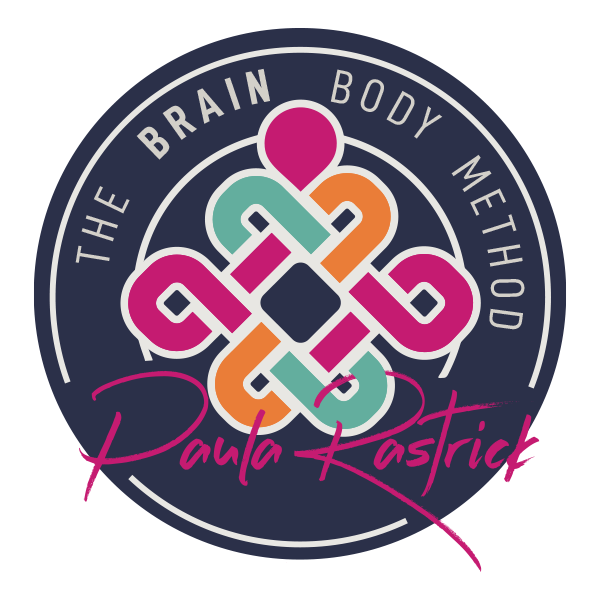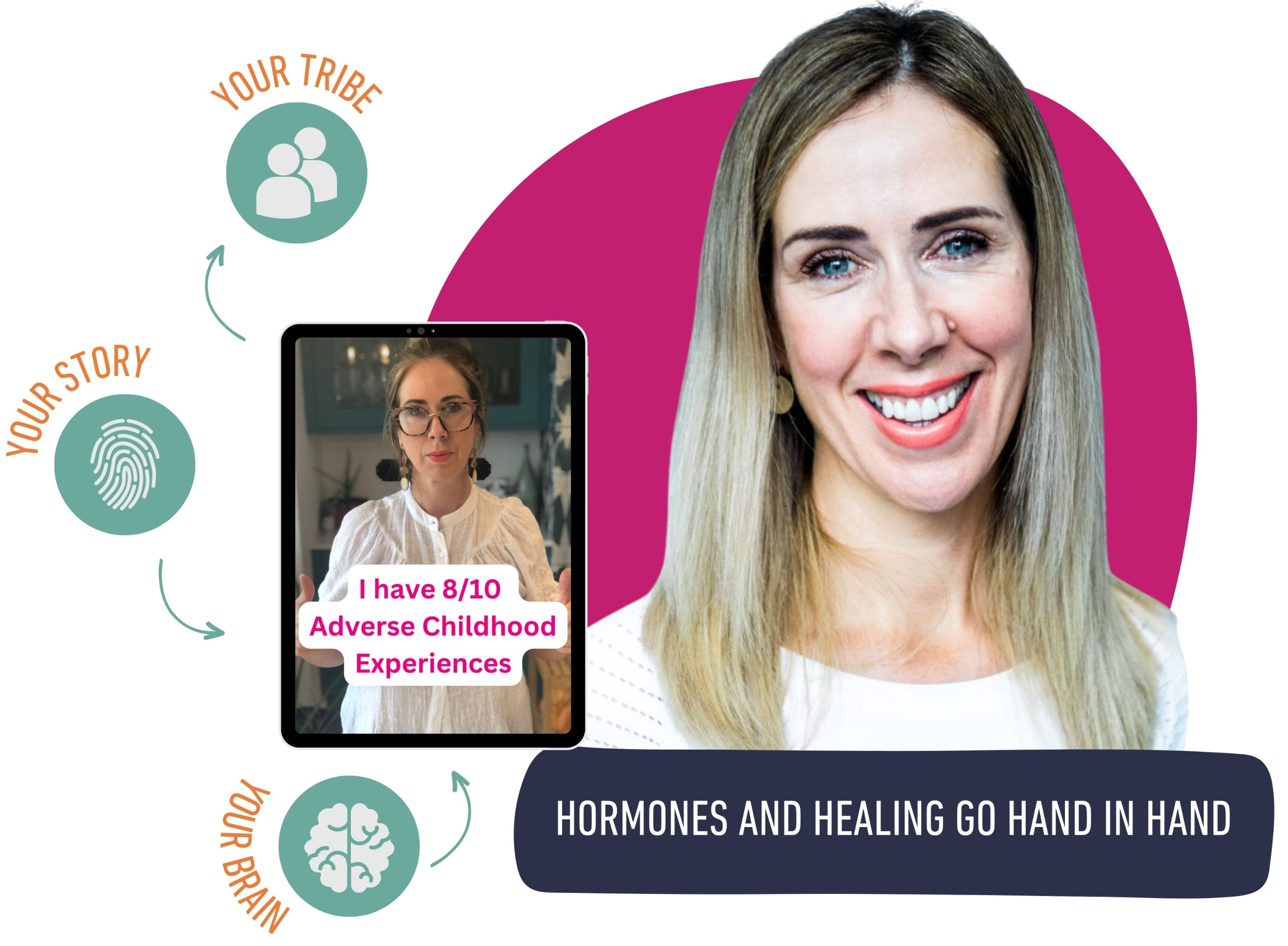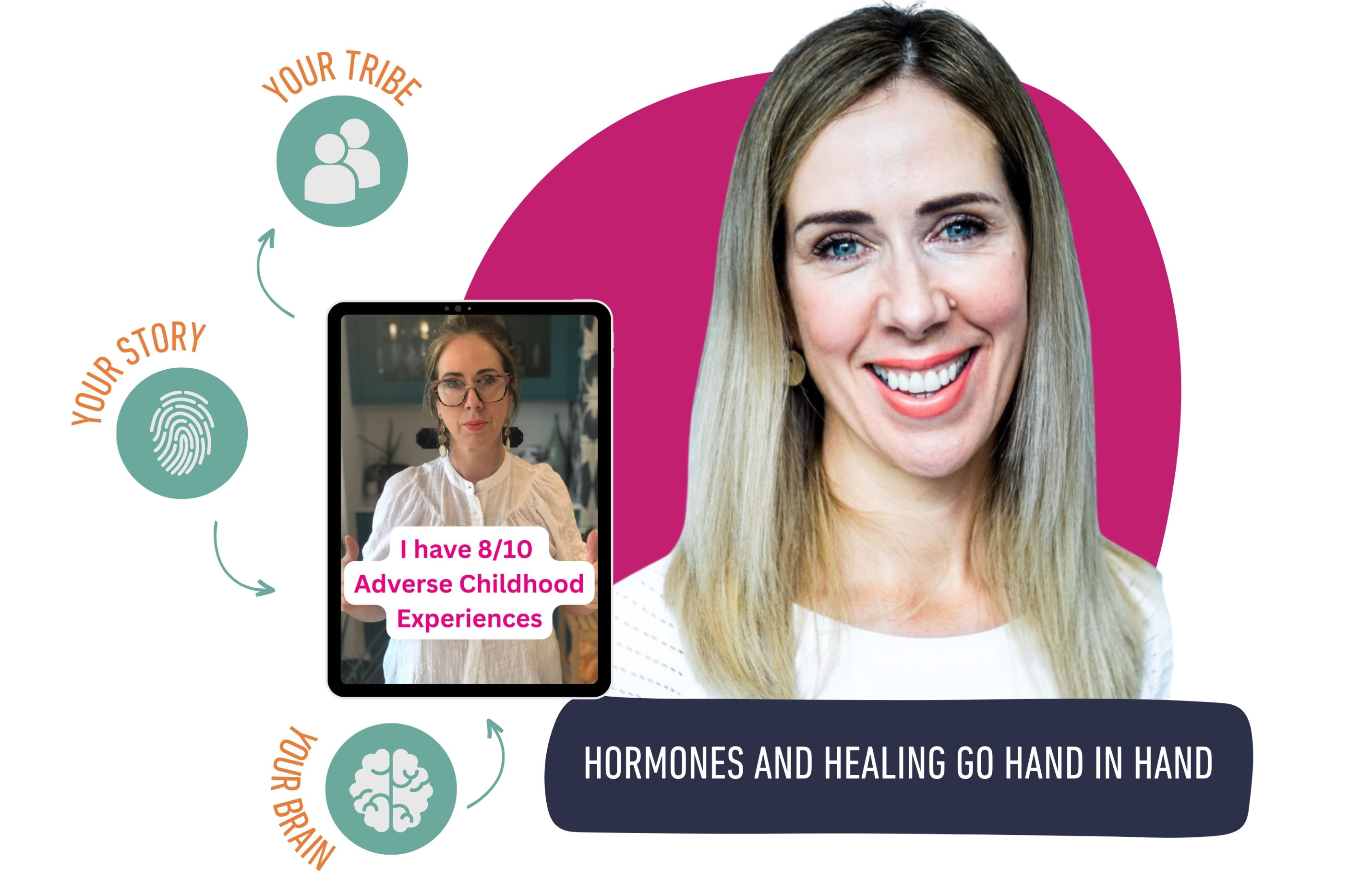

Your Story Matters
#ShareMyTruth
Our childhood experiences shape our health and wellbeing later in life and we continue to learn how trauma affects midlife health and impacts our menopause symptoms and experiences.
Join the #ShareMyTruth campaign to raise awareness of this issue and better understand how the body keeps the score.


I created the #ShareMyTruth campaign because there is a huge knowledge gap between the menopause transition and trauma.
I am on a mission to change that.
- Got a question? Join my weekly 30-minute 'Ask Me Anything' sessions
- Connect with like-minded women in a safe and private space away from social media
- Learn from others in our community
#ShareMyTruth is completely free to join.
'Alone we can do so little; together we can do so much'
- Helen Keller

The #ShareMyTruth campaign has been designed to empower women who:
- Want to understand how childhood experiences impact and affect your biology and your psychology
- Have an urge for personal development and growth
- Have a natural curiosity about how hormones are linked to your health later in life
- Have the emotional curiosity to take control of their own story and narrative



In early 2017 I found myself staring at these words on an online advert from a private Menopause Clinic. Looking at the image of a middle-aged woman, completely distressed with head in her hands, I immediately self-identified and felt completely seen and heard.
According to this well renowned Menopause Specialist, my increasing feelings of anxiety, panic, irritability, coupled with a rapid heartbeat, inability to concentrate, insomnia, loss of interest in life, feeling unhappy and depressed, extreme fatigue and complete lack of sex drive were due to peri-menopause and my decreasing hormone levels.
Up until this point, I knew nothing about peri-menopause. This was early 2017 and I had just turned 45. There wasn’t the level of awareness or education that exists now. I attributed my symptoms to physical and emotional burnout due to a very challenging period of prolonged stress, however, the advert described me so perfectly and the offer of a quick fix to alleviate my symptoms by simply topping up my hormones seemed like the perfect solution.
This medical prescription was the beginning of a journey that left me further unravelling and spiralling both mentally and physically to my very lowest ebb. I felt totally helpless and in a very dark place which took me over two years to recover from. Since then, I have dedicated the past three years researching, joining the dots, speaking to other women and going backwards delving into my own life, taking time to process my own childhood trauma and taking a deep dive into the research.
Why at the age of 45 did my life become so overwhelming and yet previously I had always coped and functioned with extremely high levels of stress and anxiety? Up until this pivotal point I had faced multiple major life challenges and adversities in childhood. Was my severe physical and emotional burnout simply as a result of my hormone fluctuations?
The answer is no.
As many as 20% of us have the trait of Highly Sensitive Persons (HSPS). The technical term is Sensory-Processing Sensitivity (SPS) and it is a personality trait which is described as “an increased sensitivity of the central nervous system and a deeper cognitive processing of physical, social and emotional stimuli”.
This trait is genetic, and studies show that the nervous system is different, not only making HSP’s more sensitive and susceptible to disorders (anxiety, stress and depression) and further increased risk if they have also experienced trauma or adverse childhood experiences (ACE’S) but HSP’s in general process everything at a deeper level of awareness and may also be more sensitive to high doses of medication.

